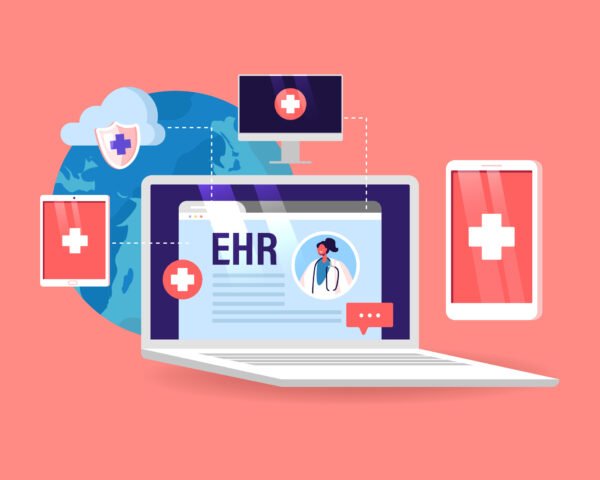How do EHR systems improve the quality of care for patients?

When health care providers have access to complete and accurate information, patients receive better medical care. Electronic health records (EHRs) can improve the ability to diagnose diseases and reduce—even prevent—medical errors, improving patient outcomes.
A national survey of doctors1 who are ready for meaningful use offers important evidence:
94% of providers report that their EHR makes records readily available at point of care.
88% report that their EHR produces clinical benefits for the practice.
75% of providers report that their EHR allows them to deliver better patient care.
EHRs can reduce errors, improve patient safety, and support better patient outcomes
How? EHRs don't just contain or transmit information; they "compute" it. That means that EHRs manipulate the information in ways that make a difference for patients. For example:
A qualified EHR not only keeps a record of a patient's medications or allergies, it also automatically checks for problems whenever a new medication is prescribed and alerts the clinician to potential conflicts.
Information gathered by a primary care provider and recorded in an EHR tells a clinician in the emergency department about a patient's life-threatening allergy, and emergency staff can adjust care appropriately, even if the patient is unconscious.
EHRs can expose potential safety problems when they occur, helping providers avoid more serious consequences for patients and leading to better patient outcomes.
EHRs can help providers quickly and systematically identify and correct operational problems. In a paper-based setting, identifying such problems is much more difficult, and correcting them can take years.
If you're looking for a software with both Administrative and Electronic Health Records (EHR) then you can check: https://socialservicesolutionsinc.com/